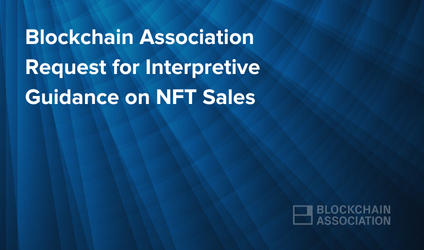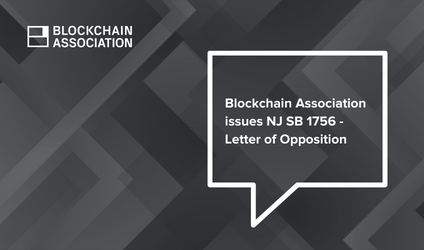
NFTs
Non-fungible tokens (NFTs) are unique files stored on a blockchain that allow holders to exclusively own and control digital assets of any kind, from digital art to decentralized domain names.
The breadth of assets that NFTs can represent allow creators limitless imagination to design an NFT’s utility or function. Early uses for NFTs have focused on digital collectibles, such as sports cards and art, including novel forms of artistic expression like “generative art.” Future uses will likely be revolutionary, impacting the U.S. and global economy and our digital lives through NFT-based event ticketing, real and personal property titles, royalty streams, digital identity solutions, and more.
Despite NFTs’ rapidly growing adoption, there exists a lack of clarity about NFT-related policy issues. Currently, some laws and regulations do not distinguish between NFTs and fungible digital assets like bitcoin, despite the fundamental differences between these two categories. Public discourse about NFTs has also been characterized by well-meaning but unfounded concerns. For example, some observers have claimed that NFTs have a harmful impact on the environment, even though in practice, NFTs nearly always utilize “proof-of-stake” blockchains that consume insignificant amounts of energy. While it is important to consider appropriate and well-tailored NFT regulation, policymakers must take care to avoid chilling innovation and harming creators by making policy decisions too early. We support policies that recognize the unique characteristics and extraordinary promise of NFTs, and that allow this nascent sector of the crypto industry to thrive in the United States.
Relevant News
BA’s response to the request for comments of the Treasury Department and the IRS set forth in Section 3 of Notice 2023-27
NJ SB 1756 – Letter of Opposition



